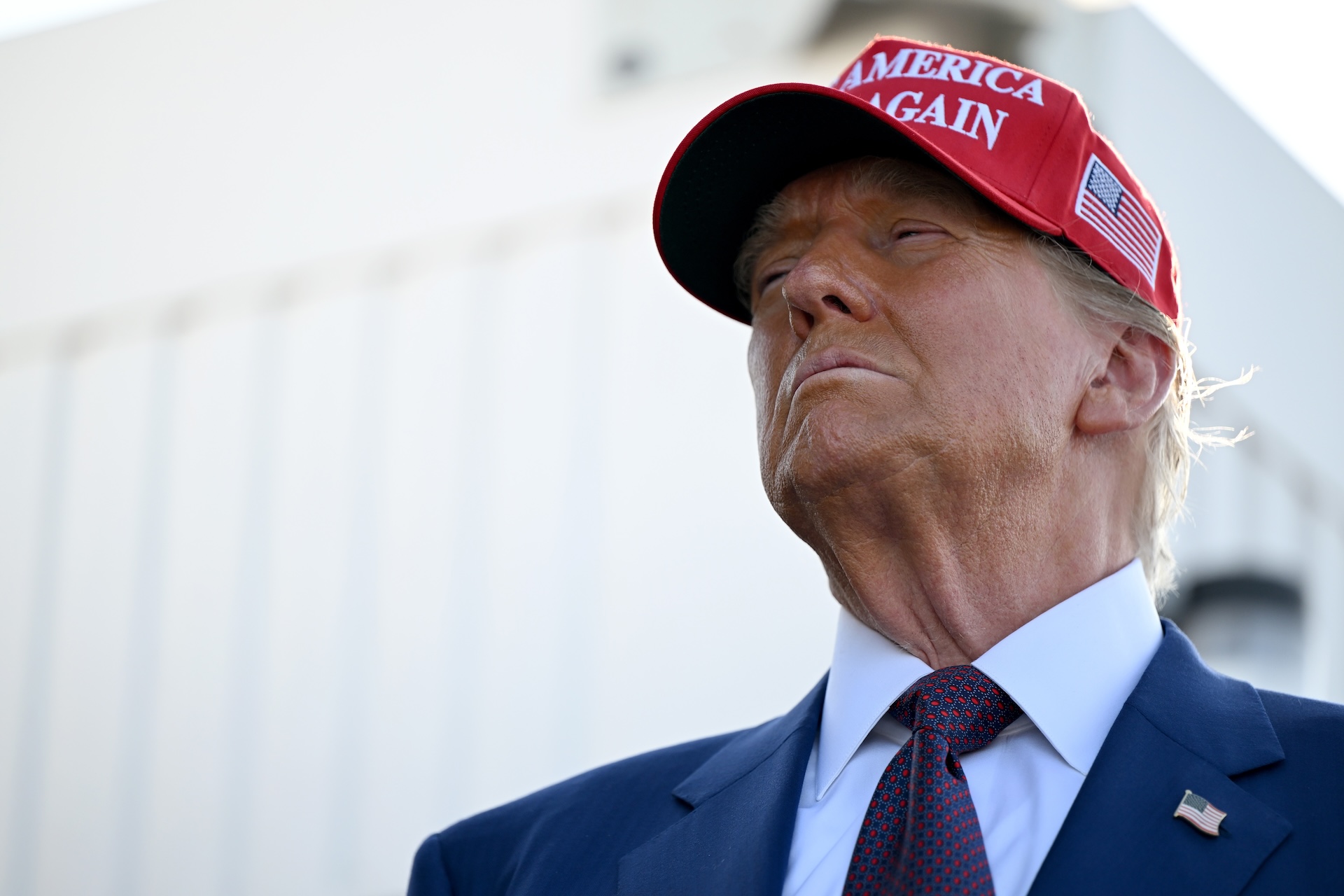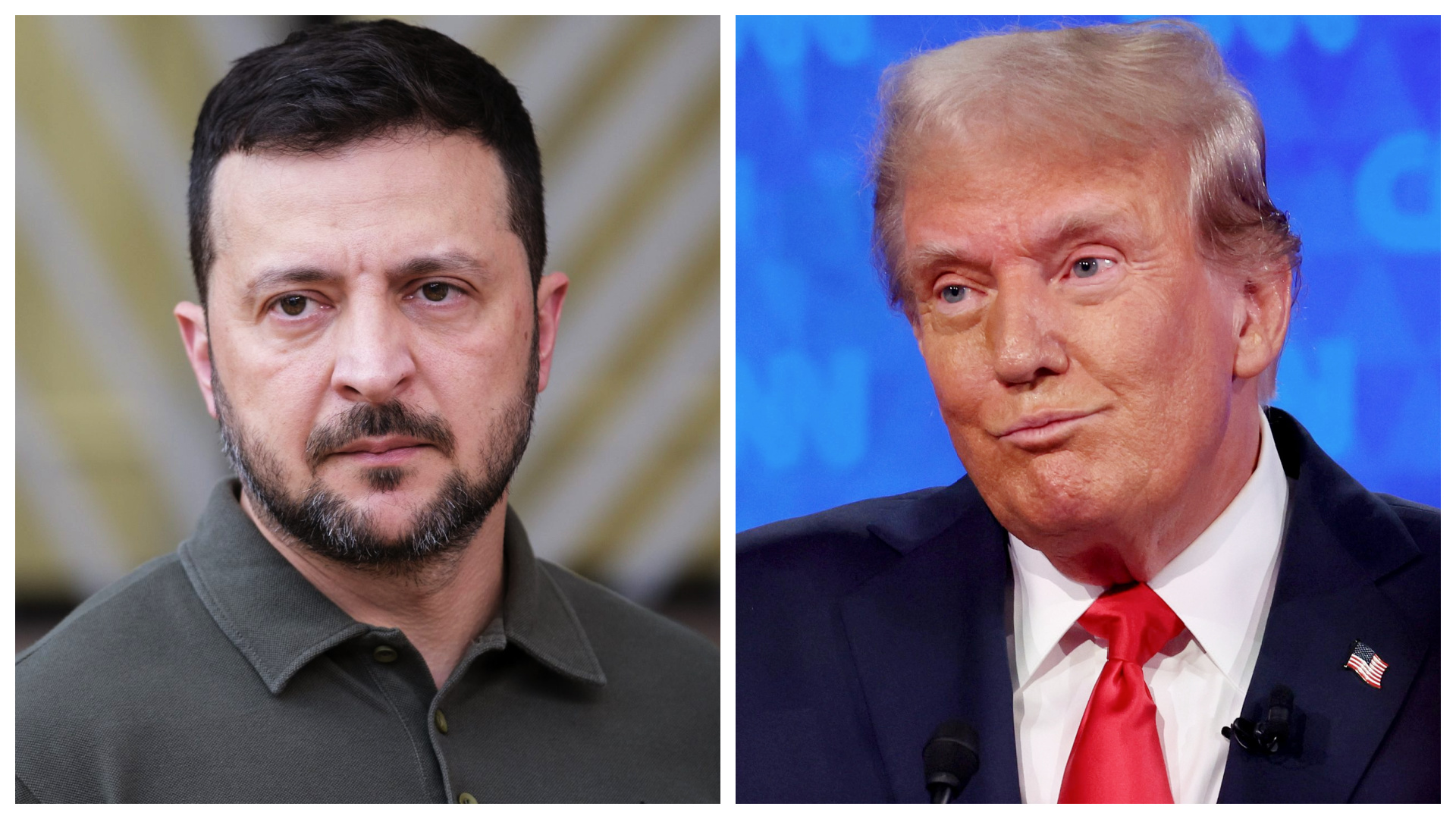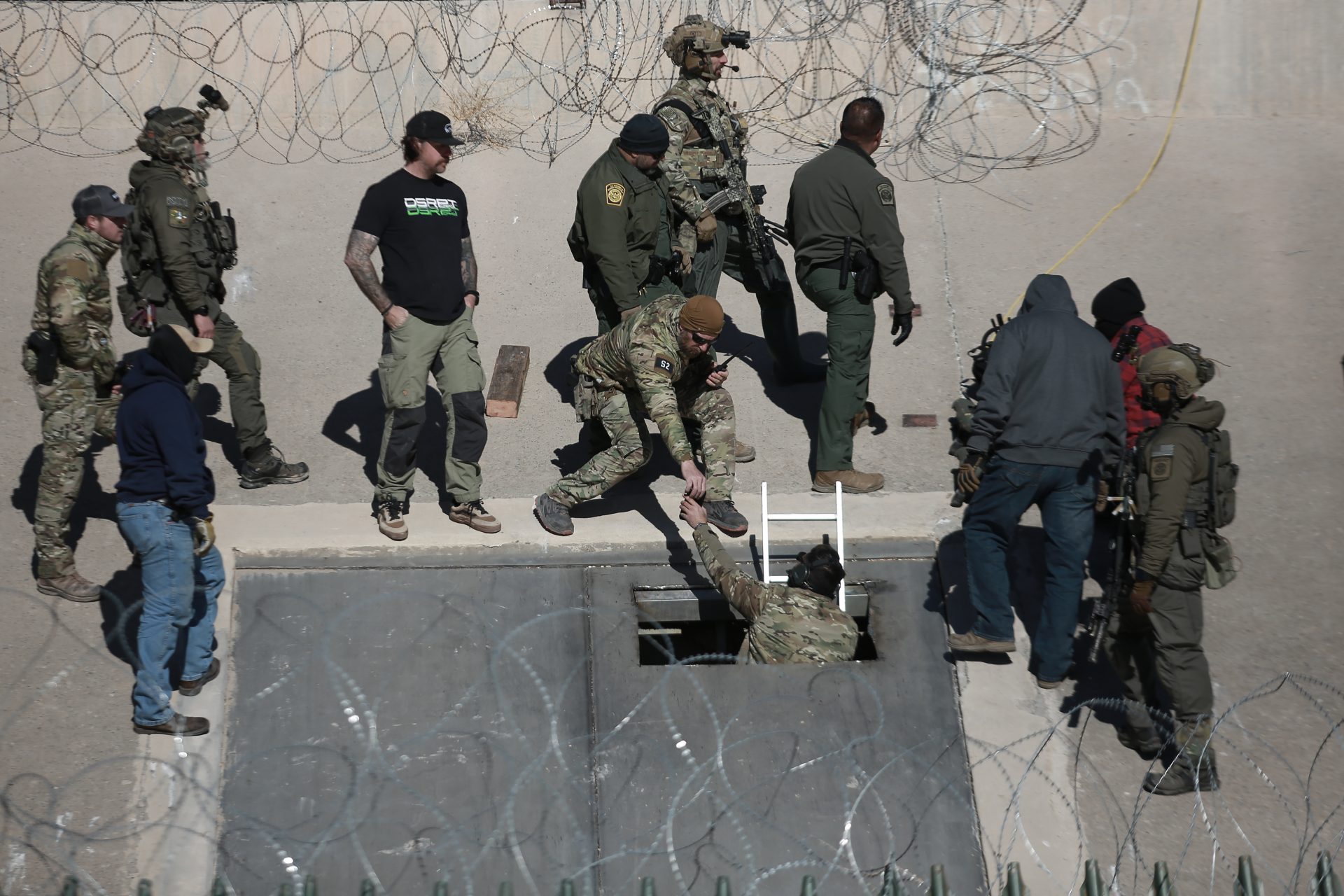Republicans' suggestion of bombing Mexico to deal with the fentanyl crisis is gaining traction
The Fentanyl crisis has become a fundamental part of the political agenda in the past few months. According to the Associated Press (AP), US overdose death rates began steadily climbing in the 1990s, driven by opioid painkillers. Fentanyl is the most recent one.
The AP said more than 107,000 Americans died of drug overdoses in 2021, the most significant number in US history. According to a CDC report for the first half of 2022, the numbers were slightly lower last year, but the problem remains concerning.
Experts cited by the news agency explained that Fentanyl had its first impact in the US about a decade ago. It was produced in labs in China and shipped into the country, but drug production has moved to Mexico, driven by cartels.
During his State of the Union speech, President Biden addressed the Fentanyl crisis, calling for strong criminal penalties to fight consumption growth. He presented a father whose daughter died of an overdose and stated: "Fentanyl is killing more than 70,000 Americans a year."
Biden's approach was criticized by advocates who warned that handling the crisis as a law enforcement issue makes it worse. Maritza Perez Medina, director of federal affairs at the Drug Policy Alliance, told the AP: "When you criminalize things, you create a stigma around substances."
During the speech, GOP's position also became apparent: a few lawmakers shouted, "It's the border," during the address. Rep. Andy Ogles, a Tennessee Republican, even pointed to Biden directly, yelling, "It's your fault!" said the AP.
According to Politico, Republican lawmakers in both chambers have filed legislation to label some cartels as foreign terrorist organizations, supported by GOP presidential aspirants, the specialized outlet claims.
Similarly, a group of Republican attorney generals asked Biden's government last year to declare Fentanyl a weapon of mass destruction. According to the AP, no action has been taken to do so.
However, more recently, the rhetoric surrounding a possible military response to the Fentanyl crisis has escalated among GOP presidential candidates and lawmakers. According to MSNBC, candidate Vivek Ramaswamy declared he would use "military force to decimate the cartels."
MSNBC also collected declarations from House Oversight Committee Chairman, Kentucky Rep. James Comer on 'Fox and Friends.' Comer said it was a "mistake" that Trump didn't bomb fentanyl labs in Mexico.
Comer's declarations referred to a real possibility that Trump waged during his presidency. Trump's former Defense Secretary Mark Esper alleged that the then-president asked him in 2020 about launching missiles into Mexico to "destroy the drug labs," in his book 'A Sacred Oath,' published in 2022.
Experts cited by MSNBC claim that bombing Mexican drug labs could bring unintended consequences and would constitute a violation of national sovereignty. Journalist Zachary Siegel, co-writer of the drug policy newsletter Substance, told MSNBC that the strategy might not work even with consent.
Siegel compared that strategy with the one the US used to stop cocaine production in Colombia. "Not only did that not stop cocaine production, but it also sparked a wave of terror across the country as drug production became a high-stakes war," he told MSNBC.
Mexican president, Andres Manuel Lopez Obrador, was also unhappy with GOP's approach to the crisis. During his daily address to the nation, Lopez Obrador said that Fentanyl is a US problem, claiming that consumption in Mexico is minimal and not a genuine concern.
However, several experts consider dealing with production in Mexico necessary. According to the AP, Regina LaBelle, Biden's former National Drug Control Policy director, said the US needs to deal with groups bringing Fentanyl into the country but warned: "If you focus only on that part of the issue, you're not doing your job."
The widely diverse vision that Republican and Democrat lawmakers have on the war on drugs means the path the US will take to fight the Fentanyl crisis depends on the result of the upcoming 2024 presidential elections.
More for you
Top Stories





























